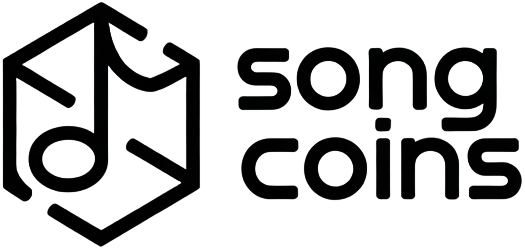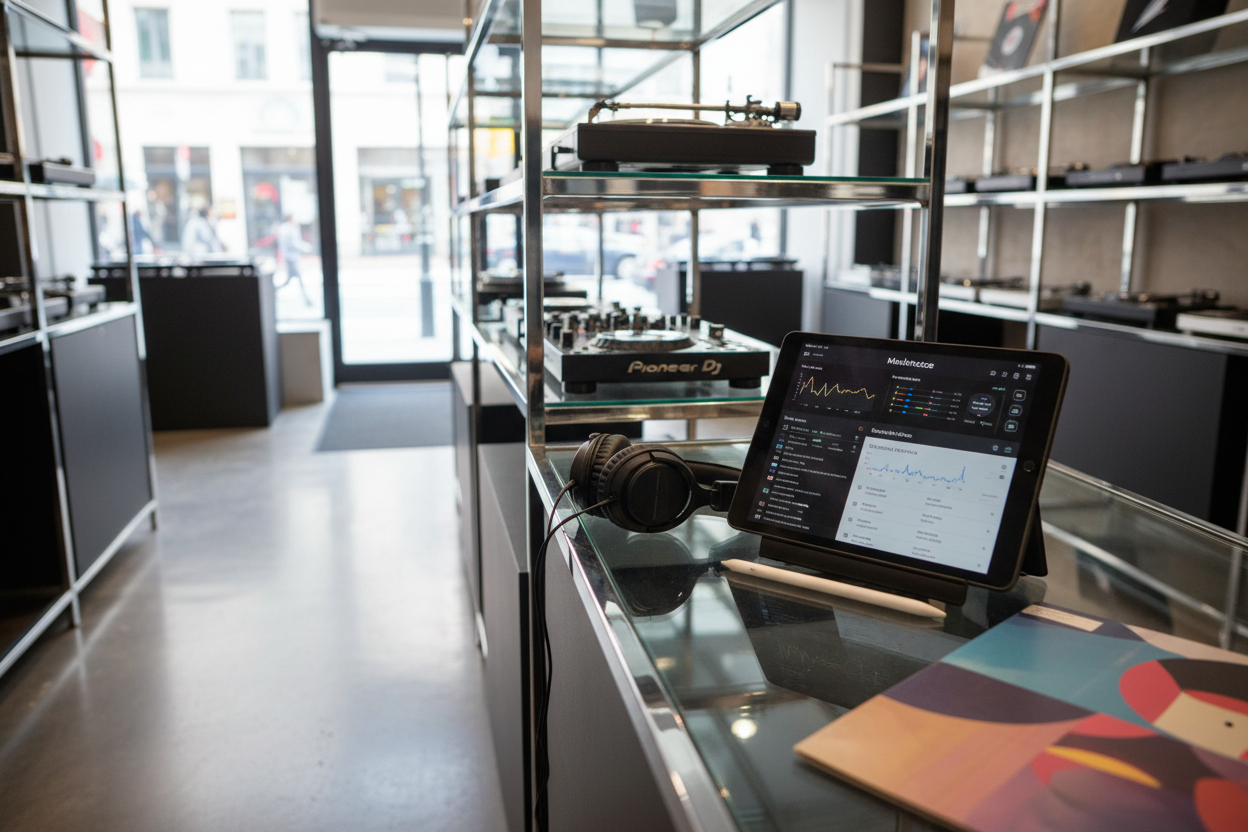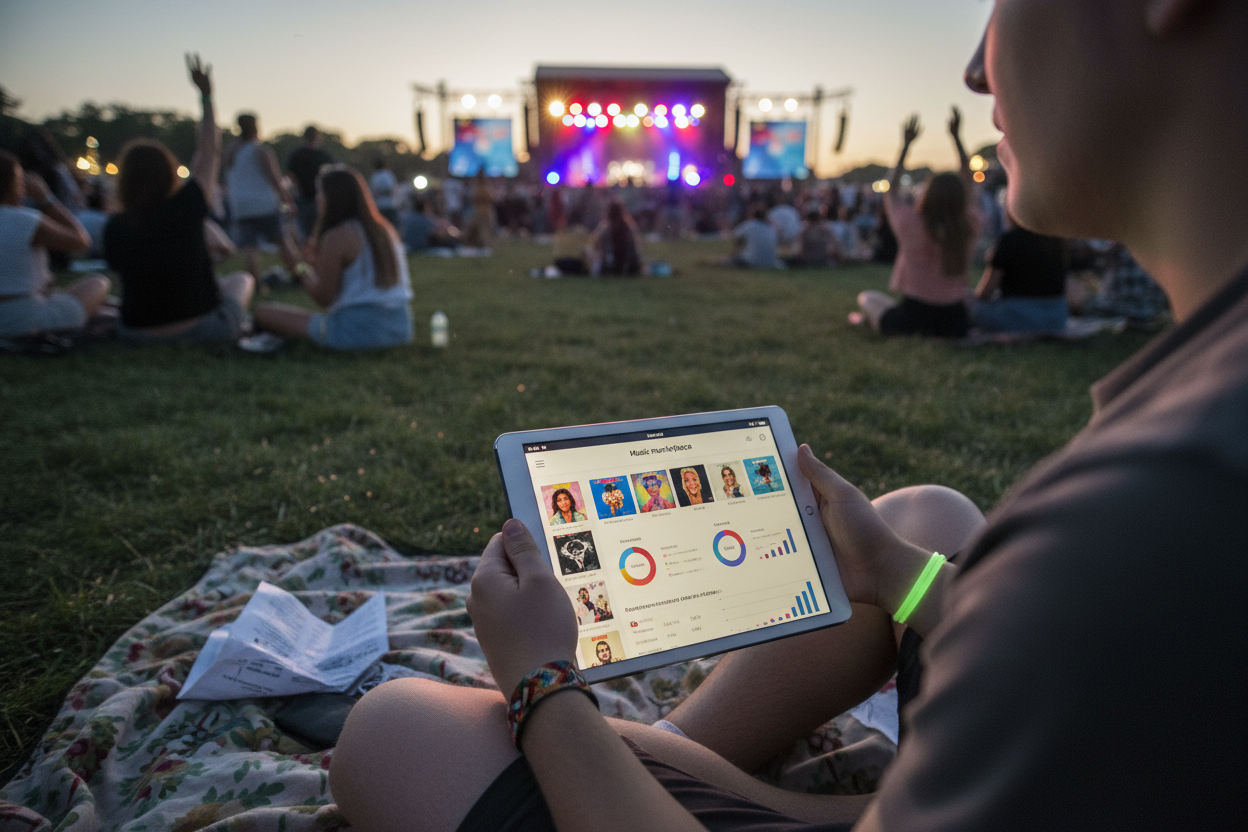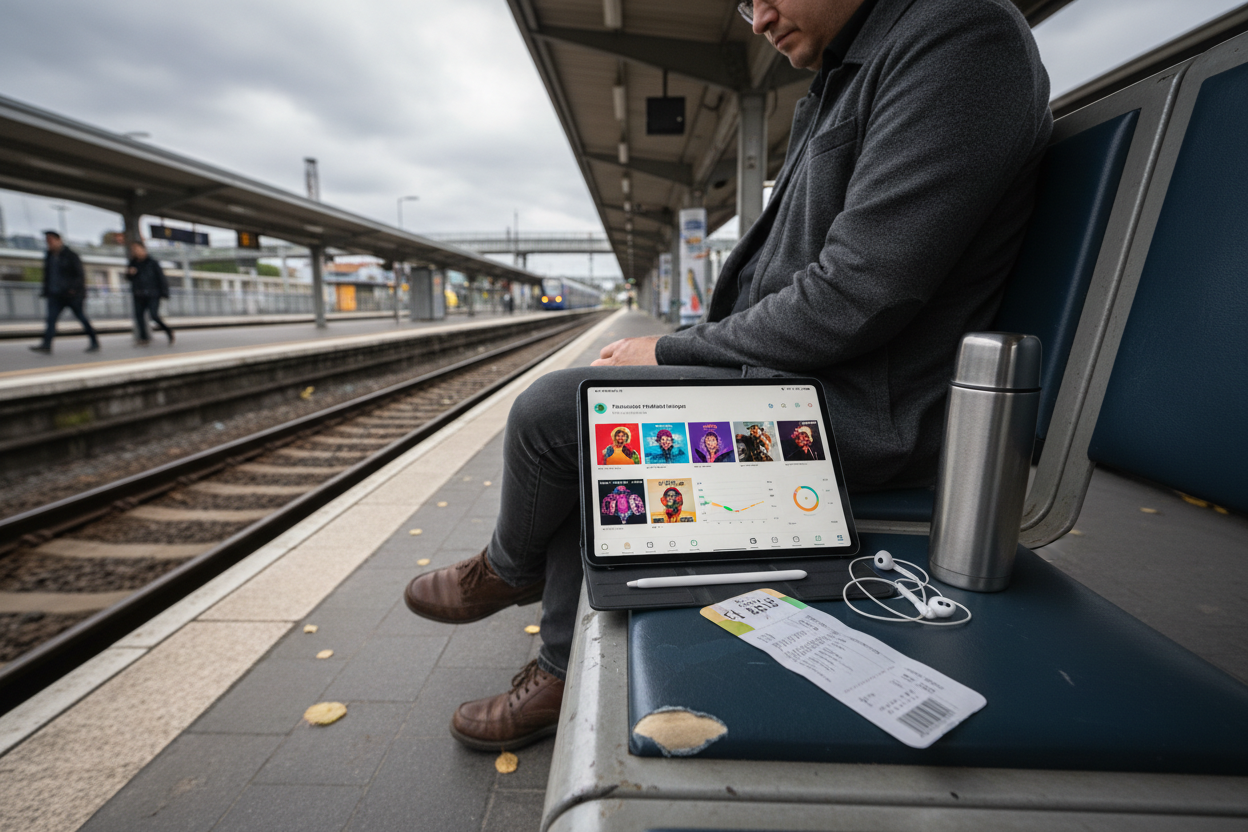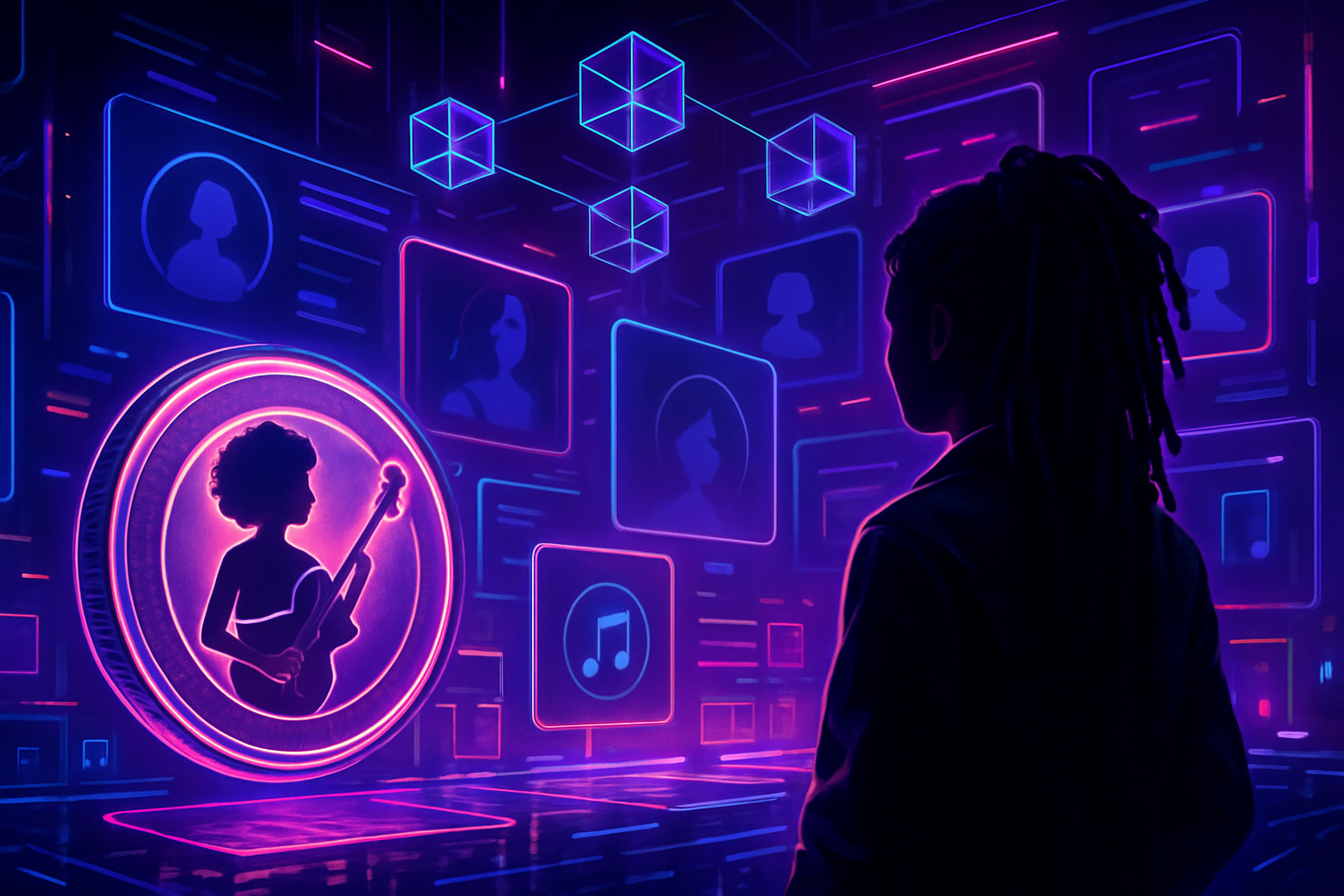
The music industry has long been defined by gatekeepers and intermediaries who control access, distribution, and revenue. For niche and independent artists, breaking through these barriers has often felt impossible. Today, blockchain technology is rewriting this narrative by enabling tokenization of music rights, offering a pathway for underrepresented musicians to monetize their work, reach global audiences, and retain creative autonomy.

Tokenizing Independent Music: What It Means
At its core, tokenizing independent music means converting the rights to a song or album into digital tokens on a blockchain. Each token represents fractional ownership in the future royalties generated by that piece of music. This process unlocks new funding models: artists can sell these tokens directly to fans or investors, raising capital without signing away their rights to labels or publishers. As highlighted by Forbes, this approach empowers musicians to maintain control over their creations while gaining immediate access to resources for production, promotion, or touring.
Platforms like Royal and Anotherblock have pioneered this space by allowing artists to tokenize their catalogs and offer royalty shares as investment opportunities. Fans can now own a piece of their favorite tracks, and share in the upside when those songs are streamed or licensed. This direct-to-fan model not only democratizes access to investment but also deepens community engagement between creators and supporters.
How Blockchain Niche Artist Royalties Create Fairer Value
The traditional royalty system is opaque and slow-moving. Payments are often delayed for months, with intermediaries taking substantial cuts along the way. In contrast, blockchain-based royalty solutions use smart contracts to automate payment distribution in real time. Every stream or download triggers an on-chain transaction that transparently allocates earnings according to pre-set rules.
Key Benefits of Blockchain-Based Usage Royalties for Indie Artists
-

Direct Royalty Payments via Smart Contracts: Blockchain platforms like Royal enable automatic and transparent royalty distribution, ensuring indie artists receive their earnings instantly without intermediaries.
-
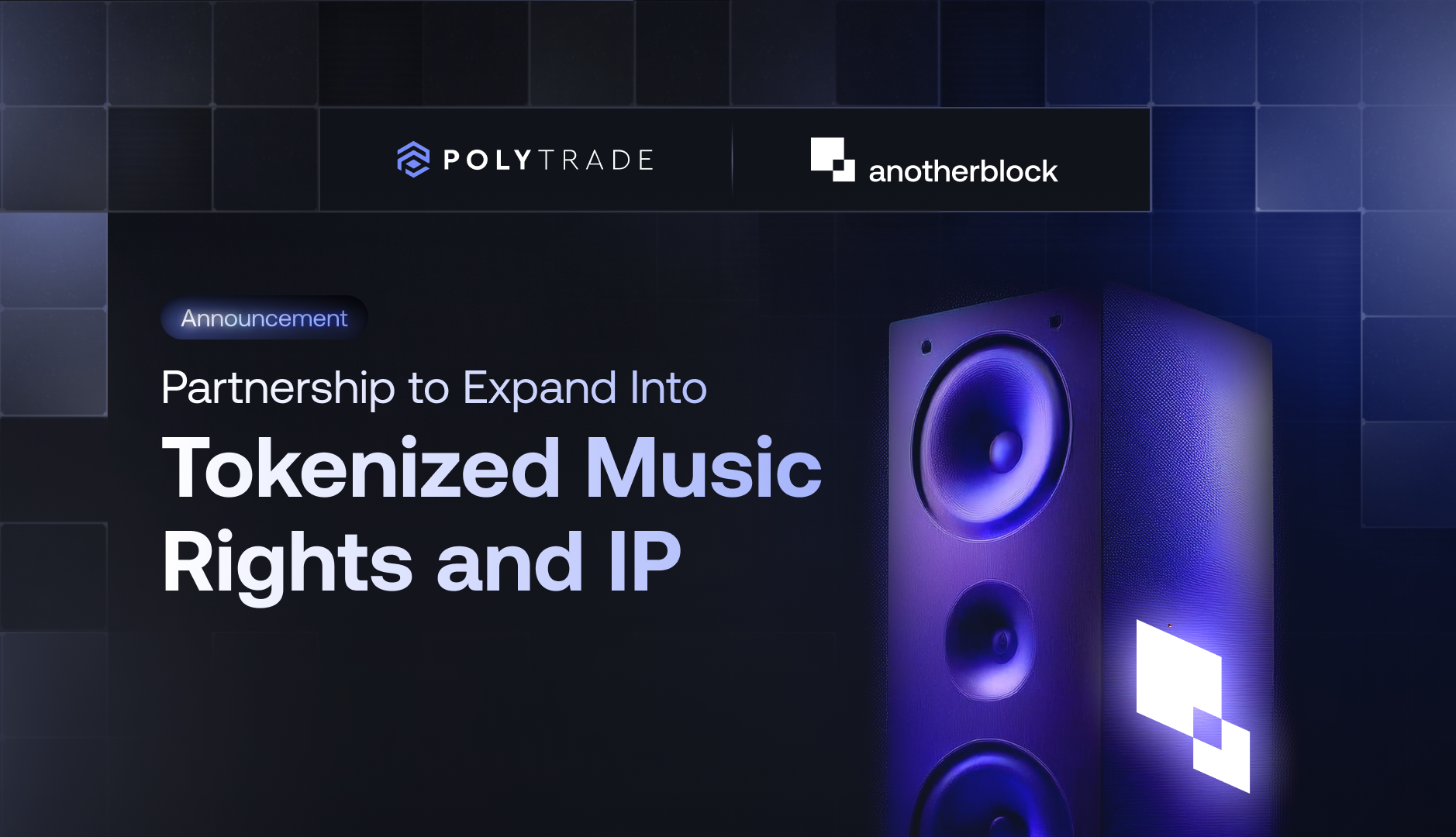
Fractional Ownership and Fan Investment: Tokenization allows artists to sell shares of their music royalties as digital tokens, letting fans and investors own a piece of the song’s success. Platforms such as Anotherblock facilitate this process.
-
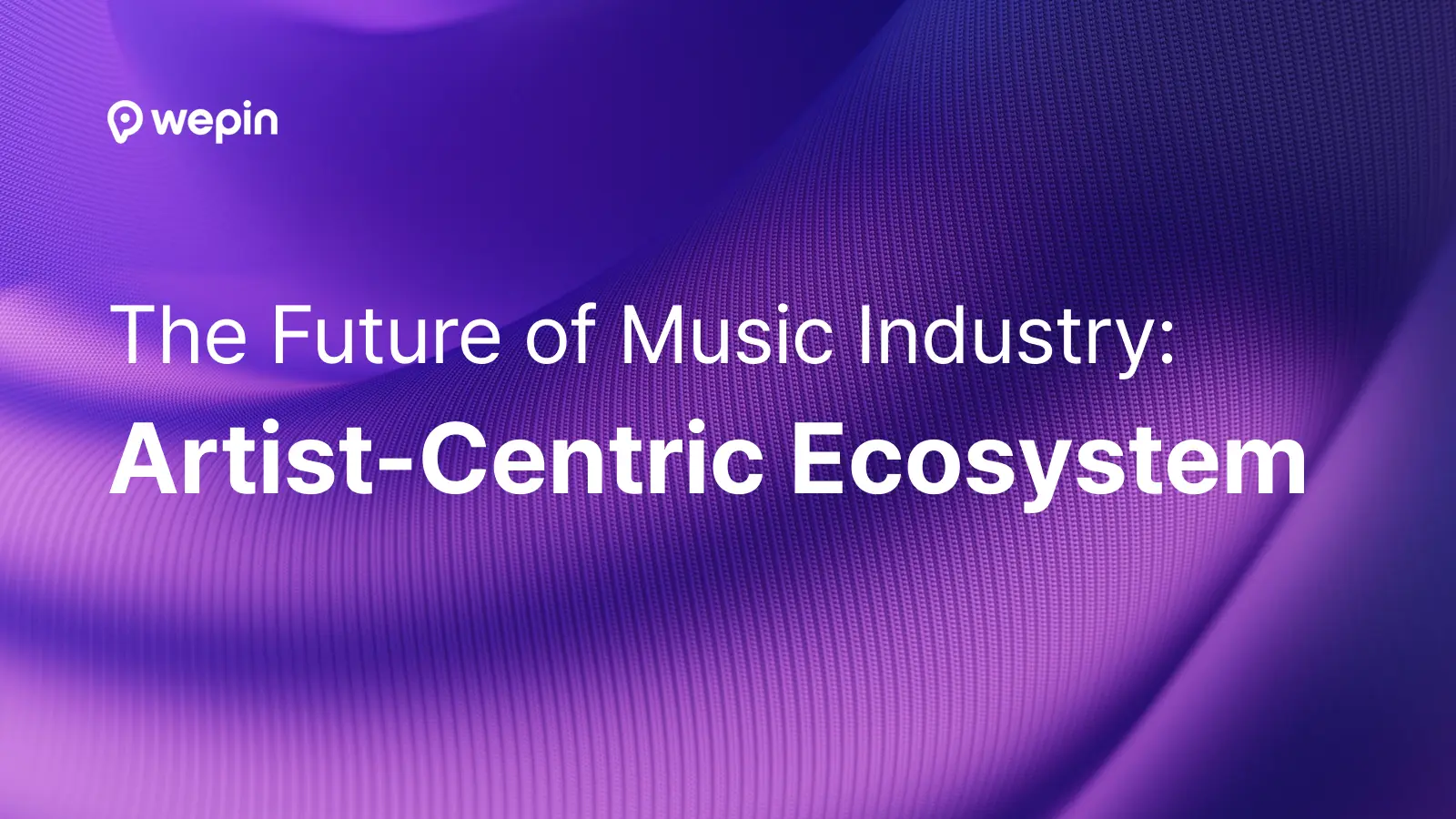
Enhanced Funding Opportunities: By selling tokenized royalty shares, independent musicians can raise immediate capital for new projects directly from their fanbase, bypassing traditional label advances.
-
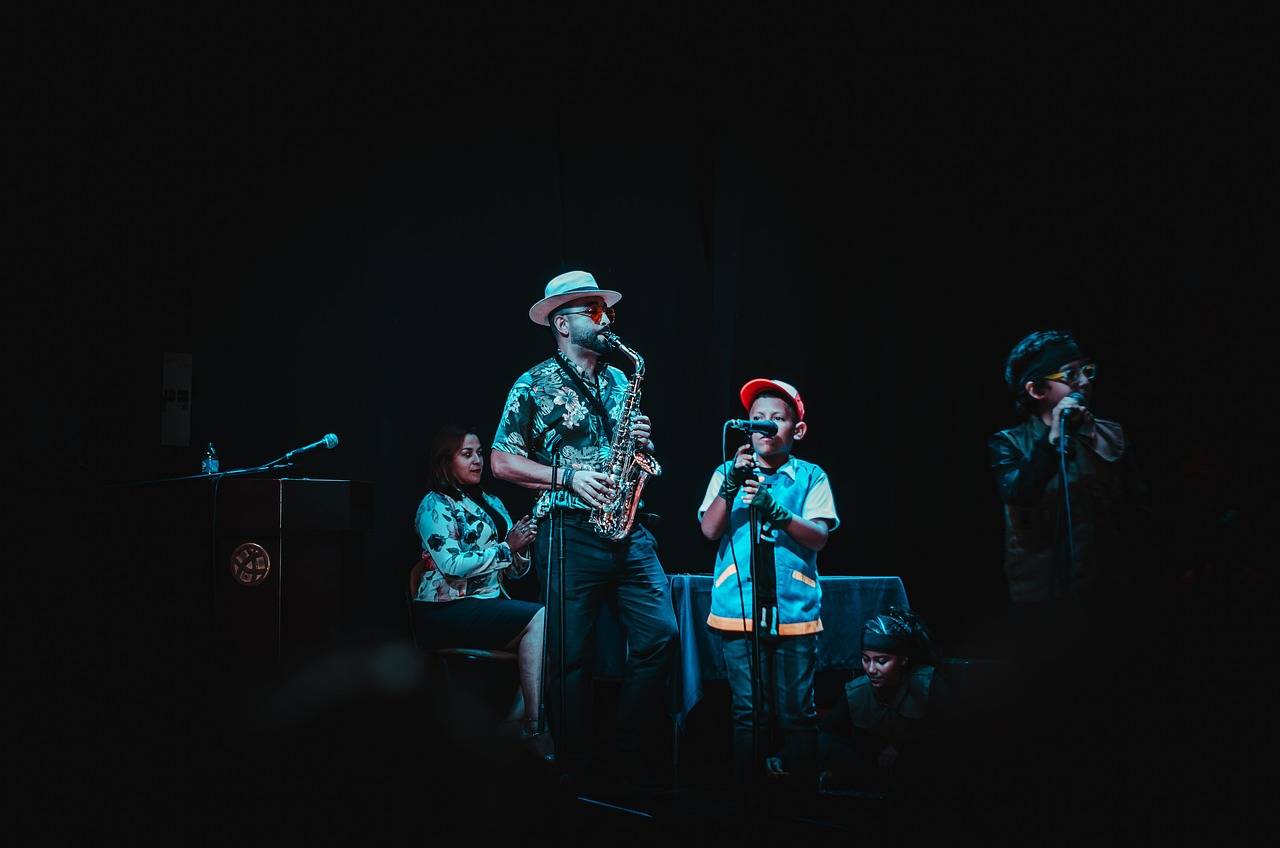
Transparent and Immutable Royalty Tracking: Every transaction and royalty payment is recorded on the blockchain, providing a tamper-proof ledger that artists and rights holders can audit at any time.
-
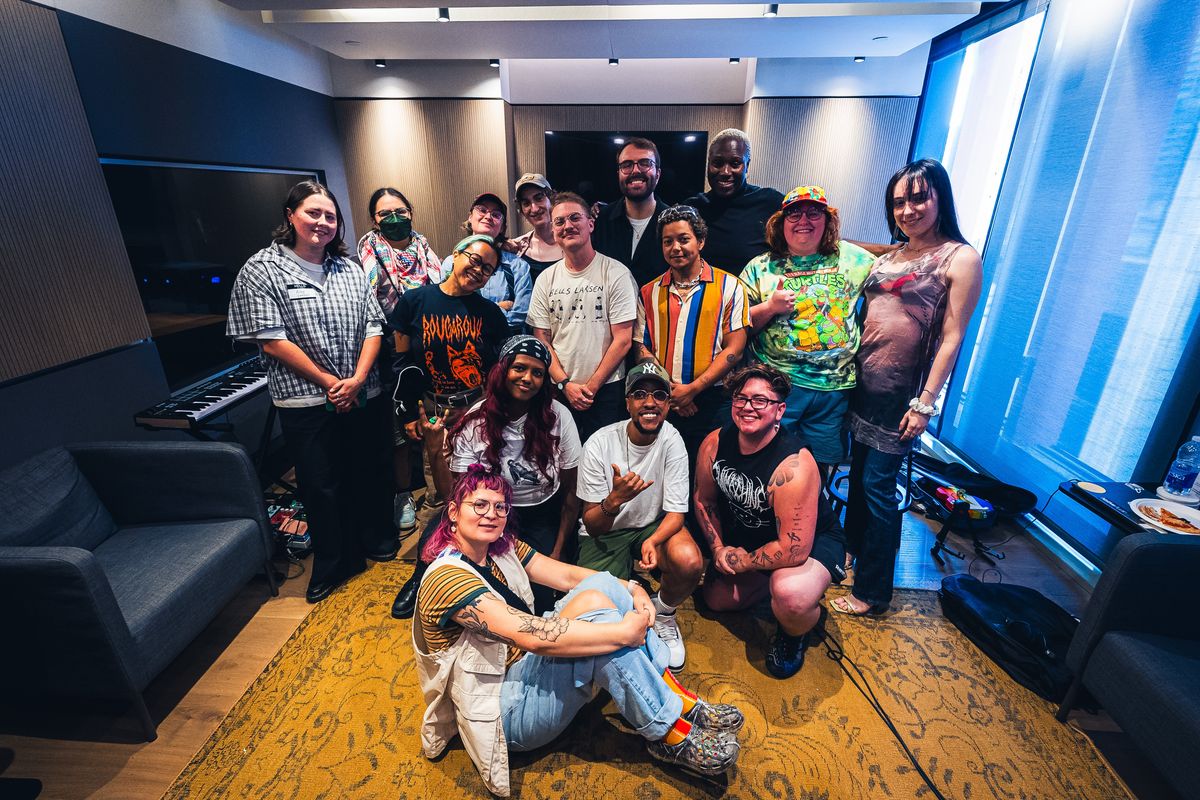
Community-Driven Collaboration via DAOs: Decentralized Autonomous Organizations (DAOs) like Songcamp empower artists to collectively manage projects, pool resources, and make group decisions without traditional gatekeepers.
This transparency is critical for niche genres, think jazz collectives, experimental electro-pop duos, or regional folk acts, that have historically struggled for recognition in mainstream channels. By leveraging blockchain niche artist royalties, these creators can ensure fair value is distributed based on actual usage data rather than industry averages or opaque reporting practices.
NFTs vs Tokenization: Unlocking New Revenue Streams
While NFTs (Non-Fungible Tokens) have grabbed headlines as collectible digital assets, offering exclusive content such as limited edition tracks or behind-the-scenes experiences, tokenization focuses on dividing ownership of future income streams. Both approaches serve independent artists uniquely:
- NFTs: Best for one-off sales of rare digital goods; ideal for superfans seeking exclusivity.
- Tokenization: Enables ongoing participation in an artist’s career; best suited for those looking to invest in long-term success.
Together, these models create a multi-layered ecosystem where fans can both collect exclusive content and invest directly in the financial potential of emerging talent.
The Rise of Community-Led Music DAOs
The next evolution in fair value music blockchain models comes through Decentralized Autonomous Organizations (DAOs). These community-driven entities allow musicians and fans to collaboratively fund projects, vote on creative direction, and share resources without relying on legacy label structures. DAOs break down traditional hierarchies, giving every participant a voice proportional to their stake.
This shift is especially powerful for underrepresented genres where collective action can amplify voices otherwise drowned out by commercial priorities. As outlined by AdaintyMum.blog, DAOs foster transparent governance and equitable resource allocation within tight-knit artistic communities.
However, the transition to blockchain-powered music is not without its hurdles. Many independent artists face a steep learning curve when adopting these technologies. Navigating smart contracts, understanding digital wallets, and grappling with the legal implications of tokenized rights can be daunting. Add to this the still-evolving regulatory environment, and it’s clear that education and user-friendly platforms are crucial for widespread adoption.
Despite these challenges, the momentum behind fair value music blockchain initiatives continues to grow. As infrastructure matures and more resources become available, the barriers to entry are gradually lowering. For artists who have traditionally been overlooked by mainstream industry machinery, whether due to niche appeal or lack of connections, the promise of direct access to global markets is game-changing.
Real-World Impact: Stories from the New Frontier
Already, success stories abound. Independent hip-hop collectives in Detroit have crowdfunded entire albums via royalty token sales, while jazz musicians in Paris are using NFTs to offer exclusive live session recordings. Folk singer-songwriters from Southeast Asia are forming DAOs with their fans to co-own publishing rights and fund international tours, no label required.
This emerging model also brings benefits for fans and investors. Token holders receive royalty payouts based on actual streaming or licensing revenue, rather than speculative hype. This usage-based approach aligns incentives between artists and supporters, creating a more sustainable ecosystem for all participants.
Genres and Communities Thriving via Music Tokenization
-
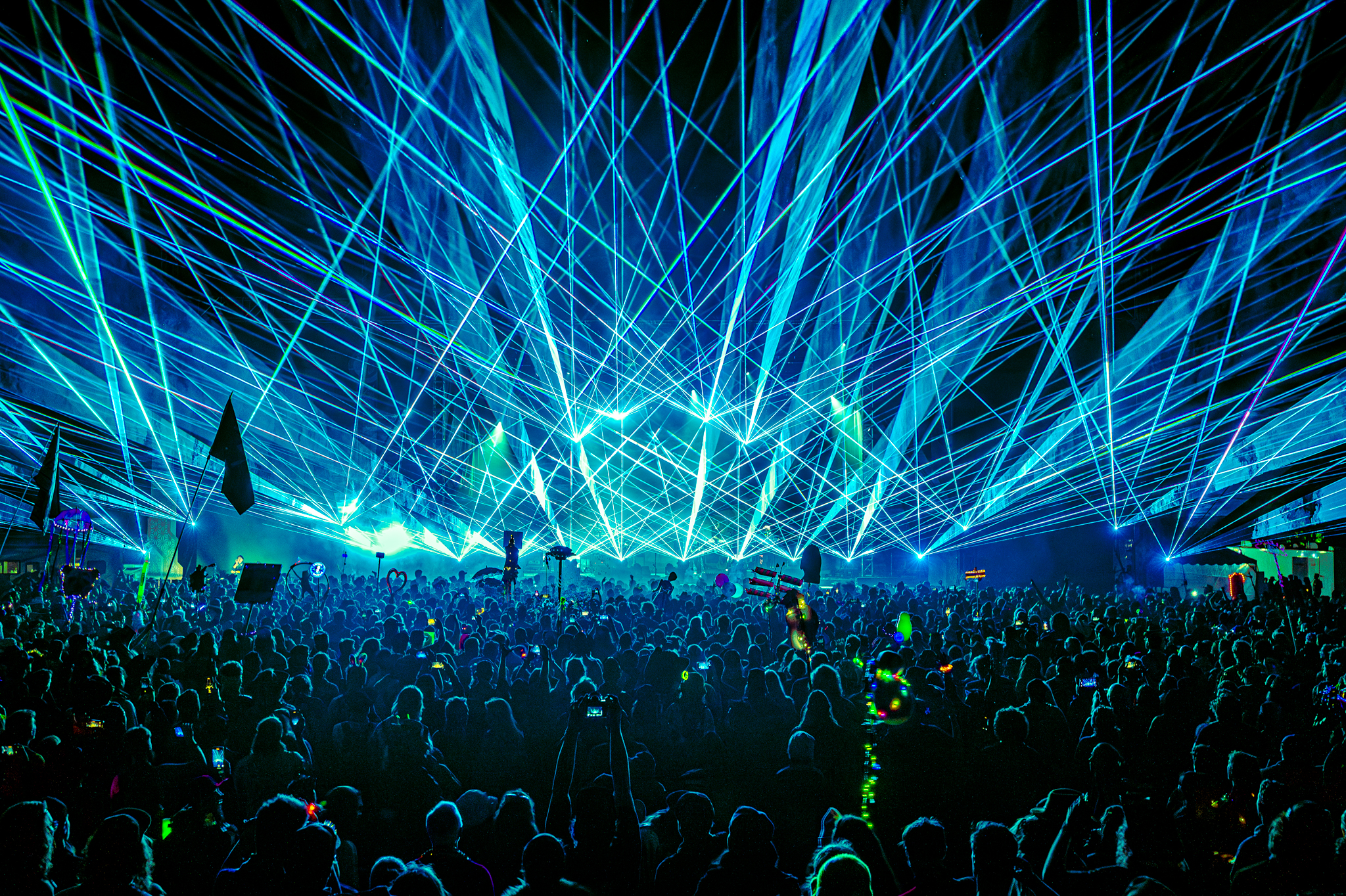
Electronic Dance Music (EDM): EDM artists like 3LAU have pioneered tokenizing music royalties, allowing fans to invest in tracks through platforms such as Royal. This empowers independent producers and DJs to fund projects and share revenue directly with their audience.
-
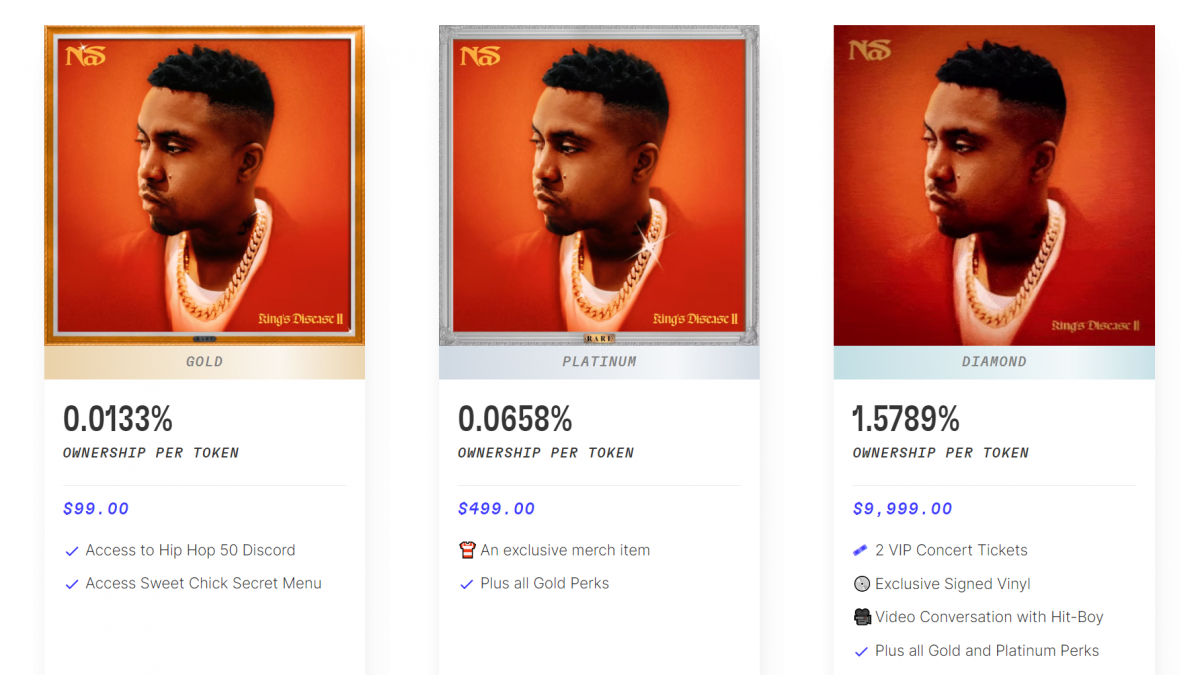
Hip-Hop and Rap: Artists including Nas have leveraged blockchain platforms to tokenize royalty rights, making it possible for fans to own a piece of their favorite songs. Platforms like Royal and Anotherblock have seen strong engagement from hip-hop communities seeking new revenue models.
-
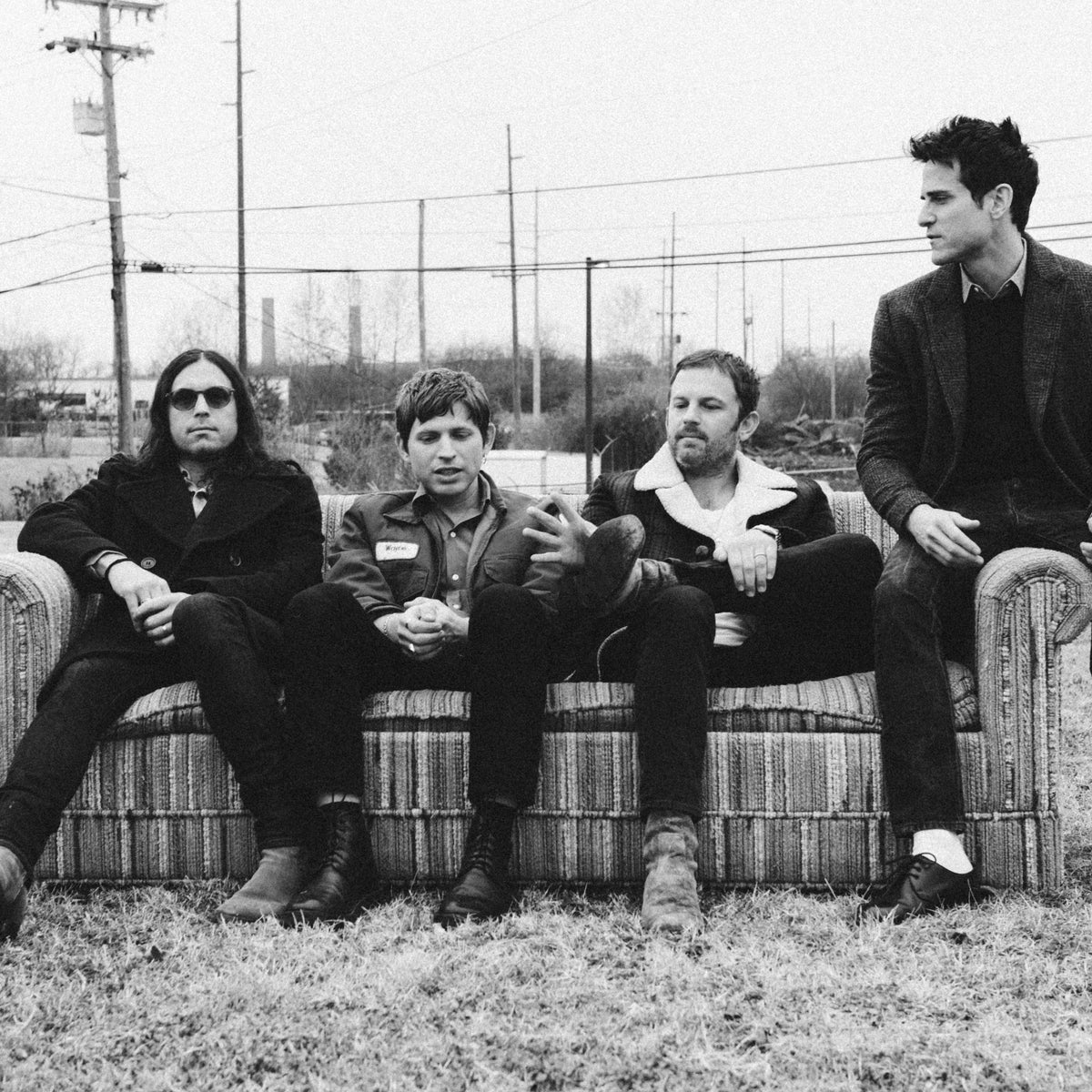
Indie and Alternative Rock: Independent rock bands are utilizing tokenization to bypass traditional labels. Through platforms like Anotherblock, these artists can crowdfund albums and distribute royalties transparently, fostering closer fan-artist relationships.
-
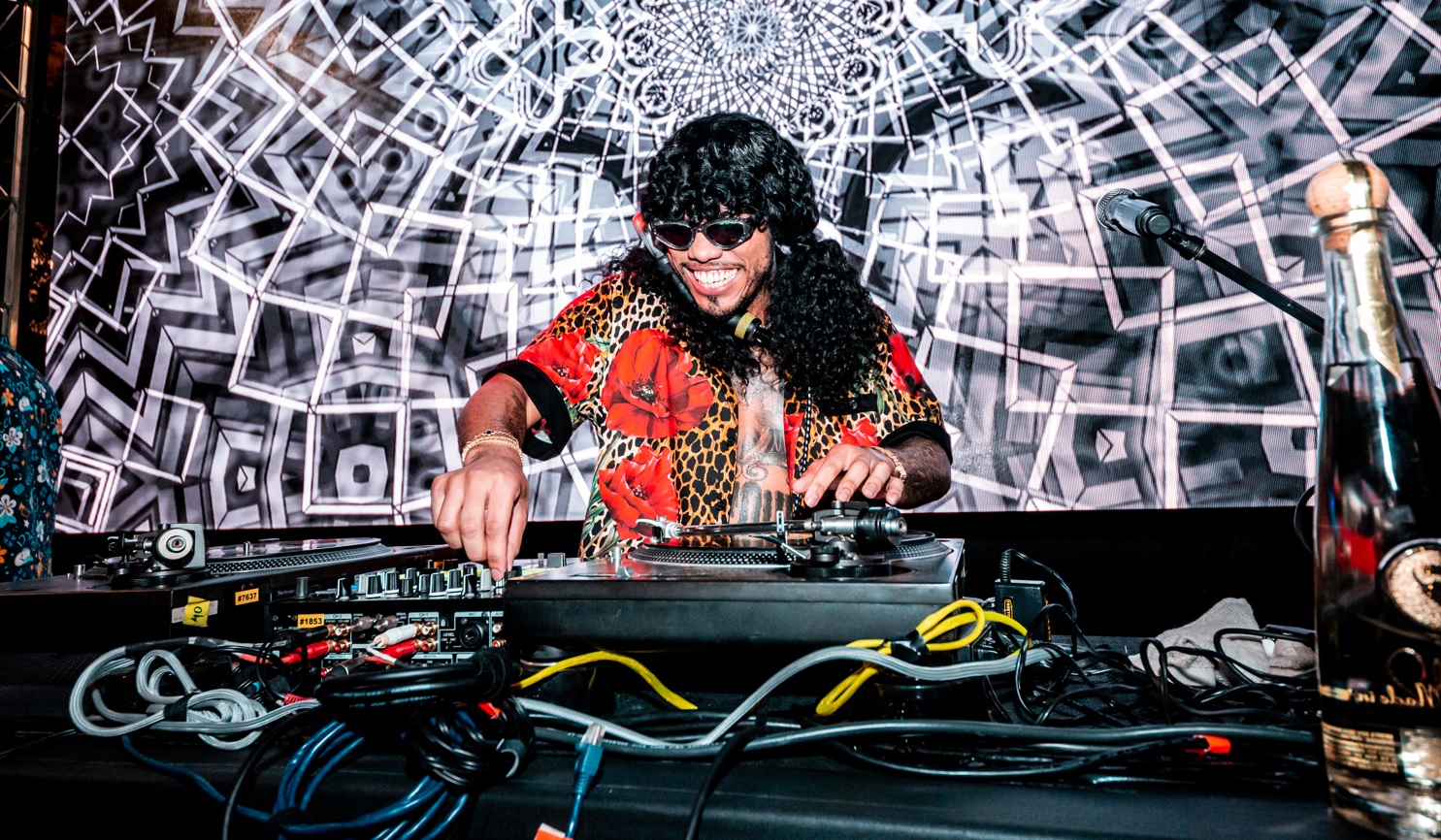
World and Regional Music: Underrepresented genres, such as Afrobeat and Latin music, are finding new audiences and funding opportunities through blockchain. Tokenization enables artists from diverse backgrounds to monetize their catalogs and reach global listeners without intermediaries.
-
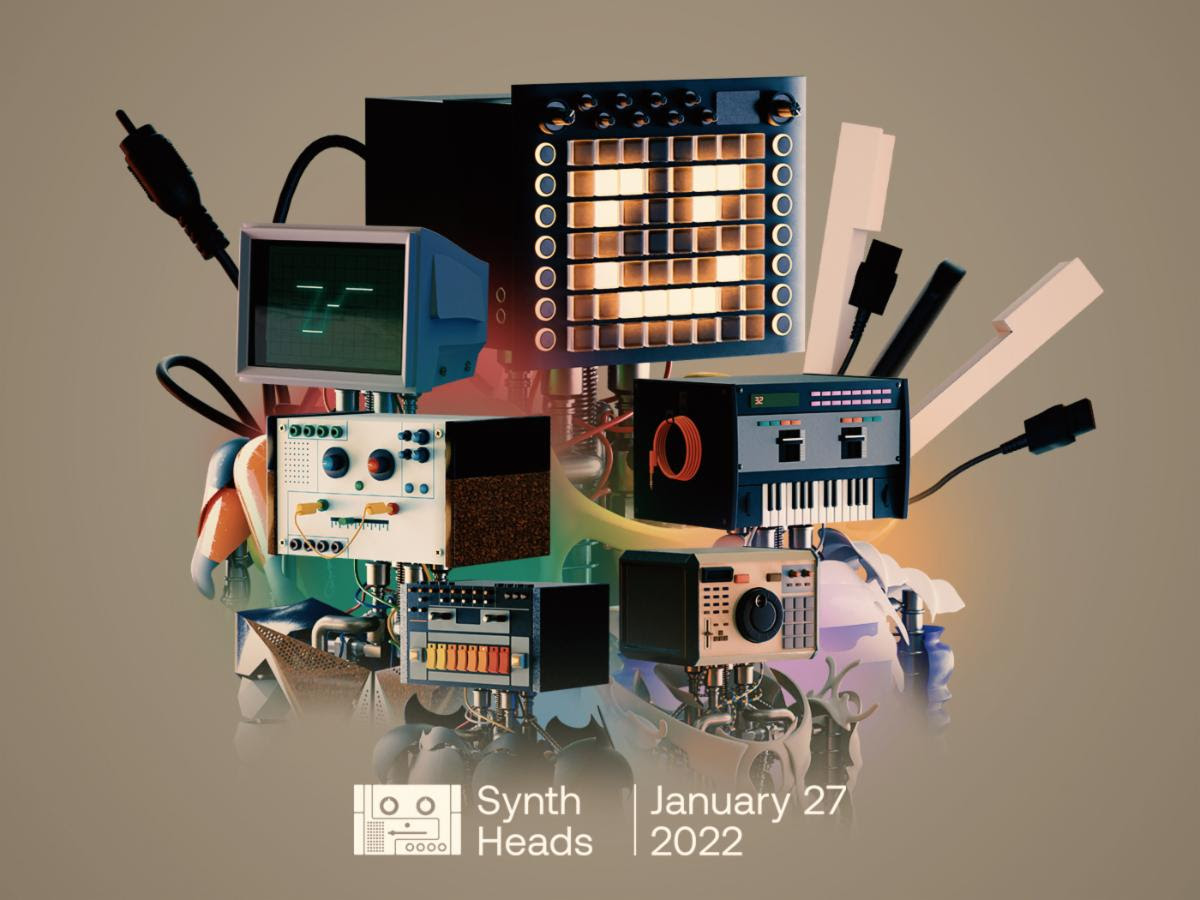
Experimental and Electronic Avant-Garde: Niche electronic and avant-garde musicians are using NFTs and DAOs to release exclusive content and collaborate with fans. Platforms like Catalog provide a marketplace for unique, tokenized music works.
What’s Next for Independent Artist Music NFTs?
Looking ahead, expect to see further integration between music NFTs and tokenized royalties as platforms experiment with hybrid offerings. Imagine owning an NFT that grants access to unreleased tracks plus a fractional share in future streaming income, a compelling combination for superfans and collectors alike.
The continued rise of independent artist music NFTs will also depend on improvements in user experience and cross-chain compatibility. As platforms like Royal, Anotherblock, and emerging DAO-driven projects evolve, we’ll likely see more seamless onboarding processes tailored specifically for non-technical creators. This democratization will be key to unlocking the full potential of blockchain niche artist royalties across every genre imaginable.
While traditional industry structures may never fully disappear, their dominance is already being challenged by decentralized alternatives that prioritize transparency, equity, and creative freedom. For underrepresented artists, and the fans who champion them, the era of tokenizing independent music is just beginning.
